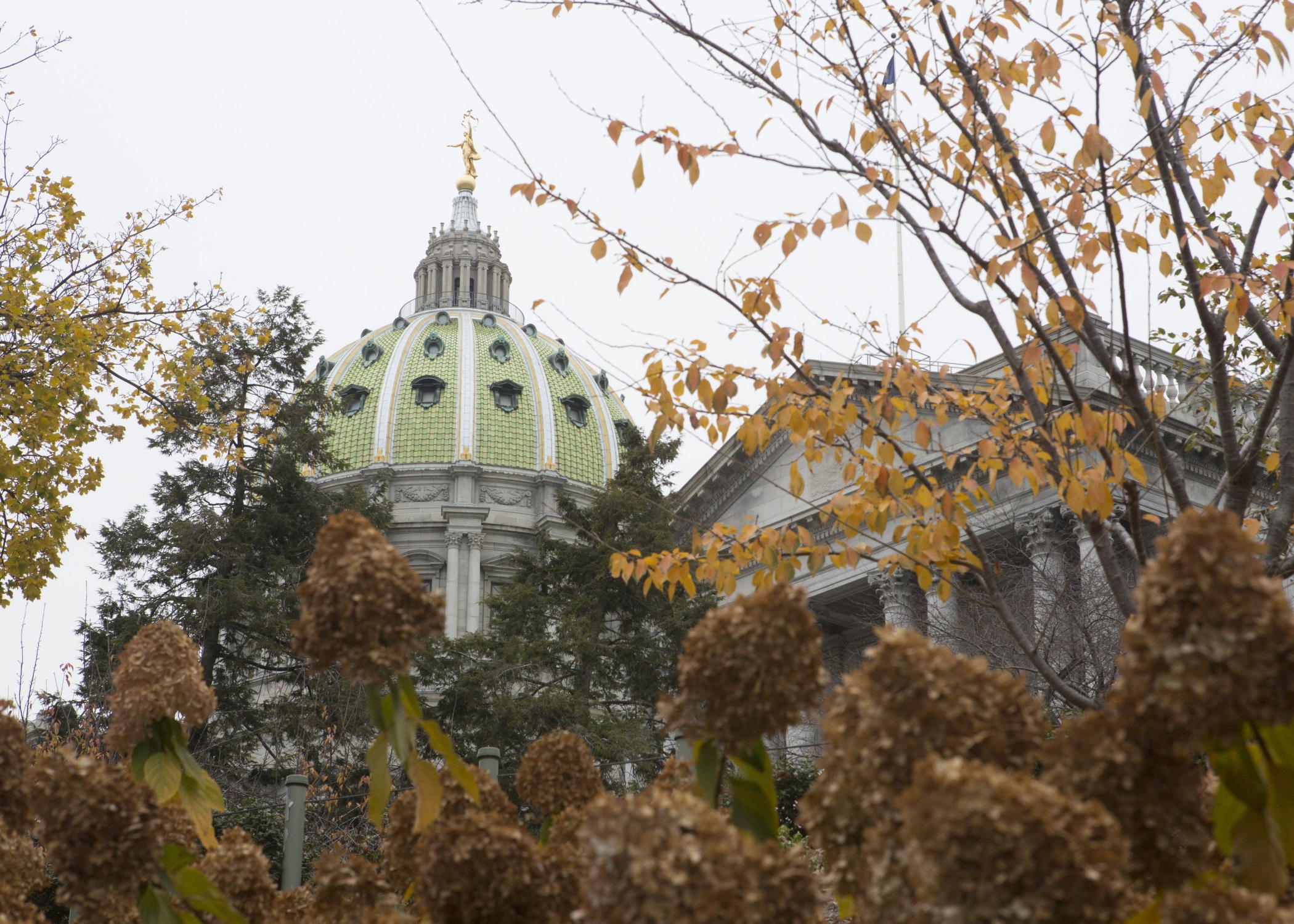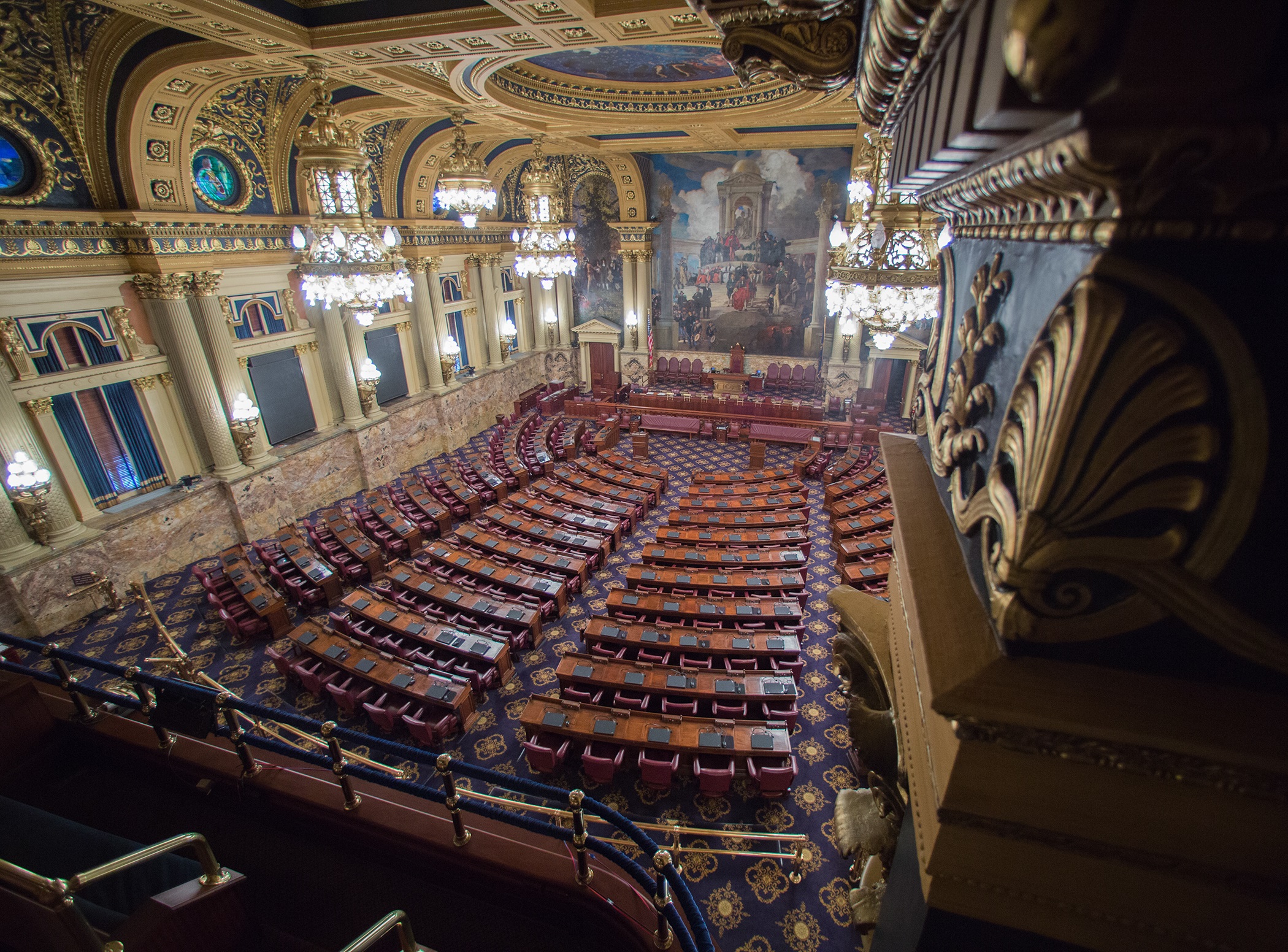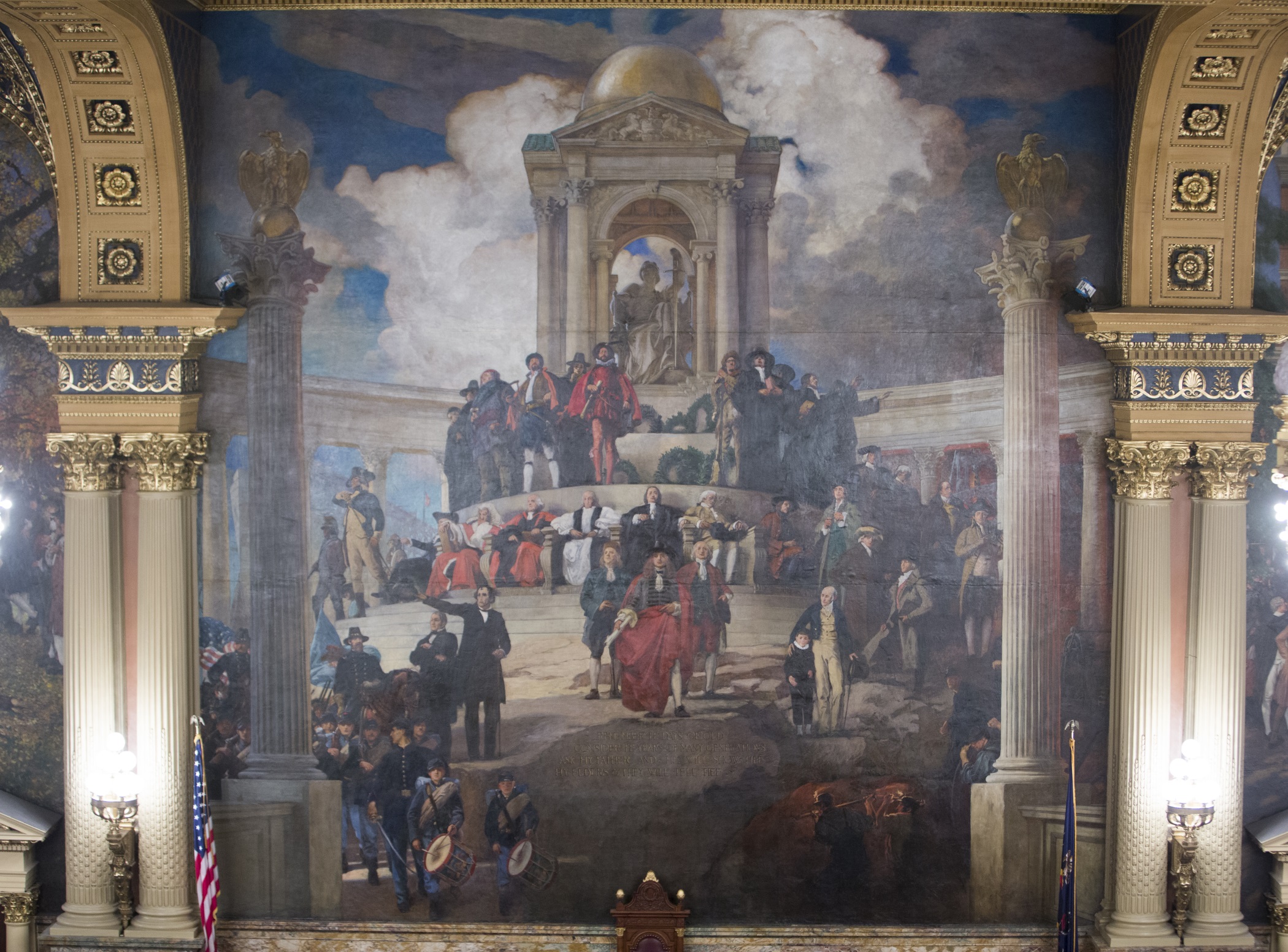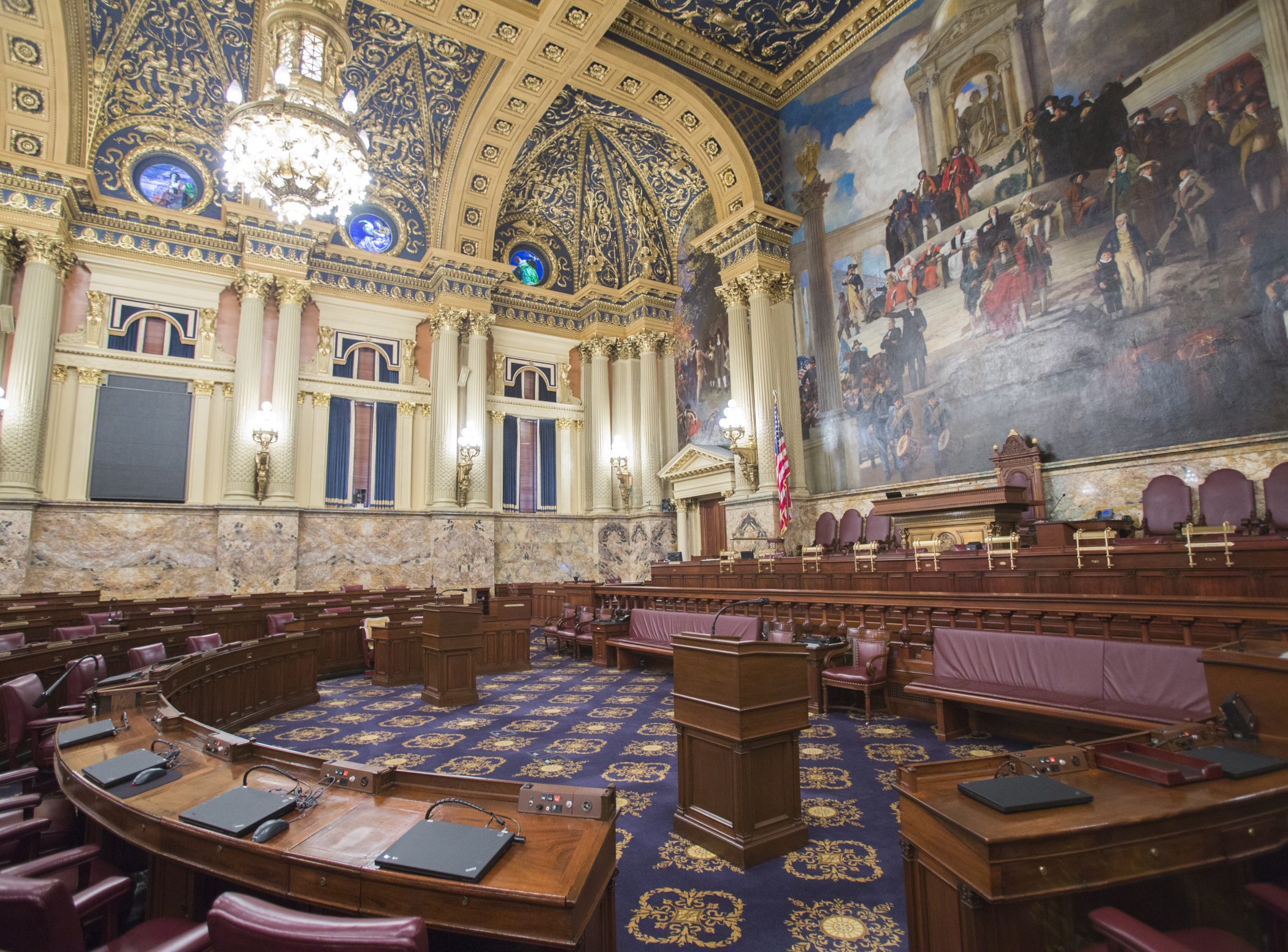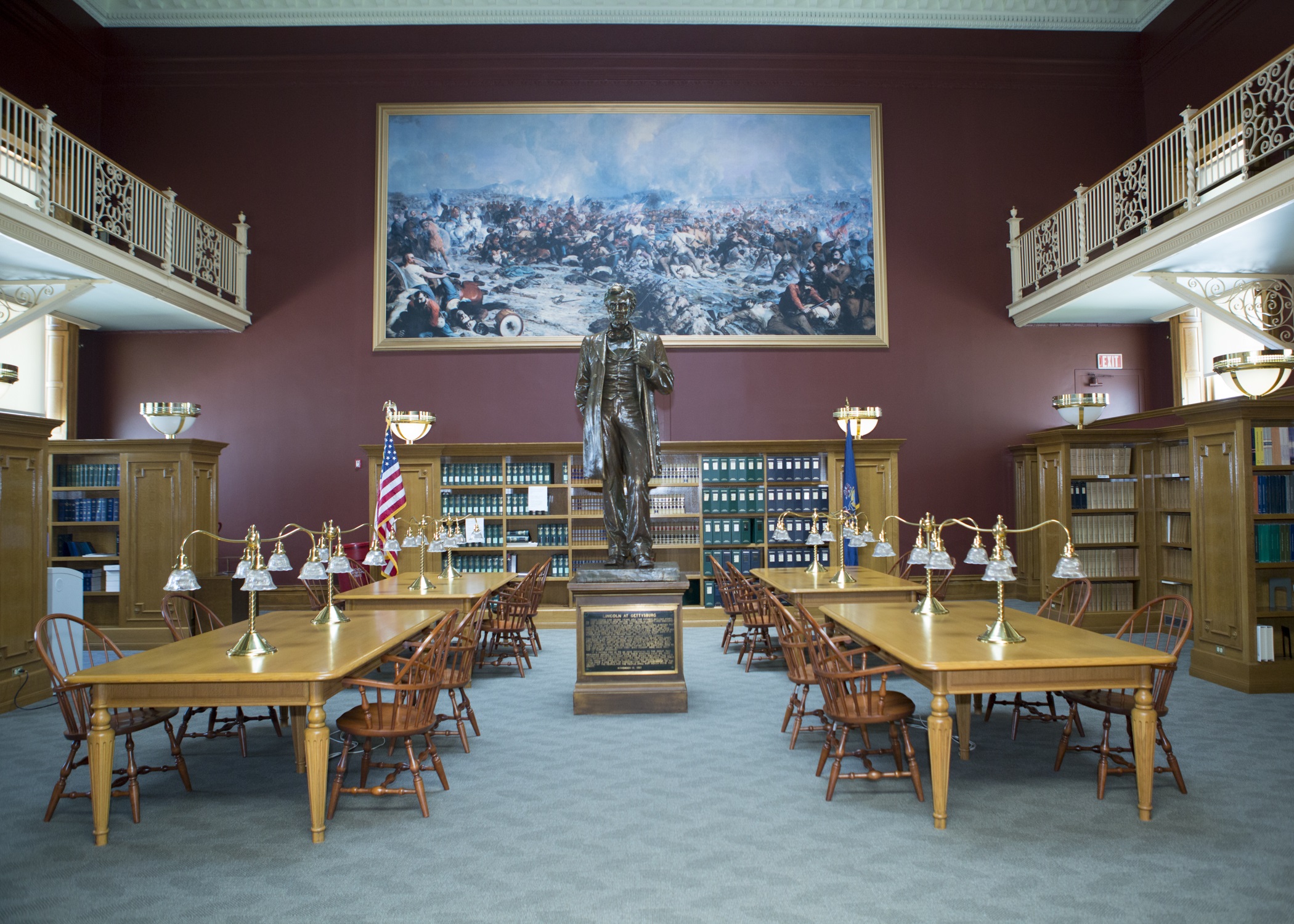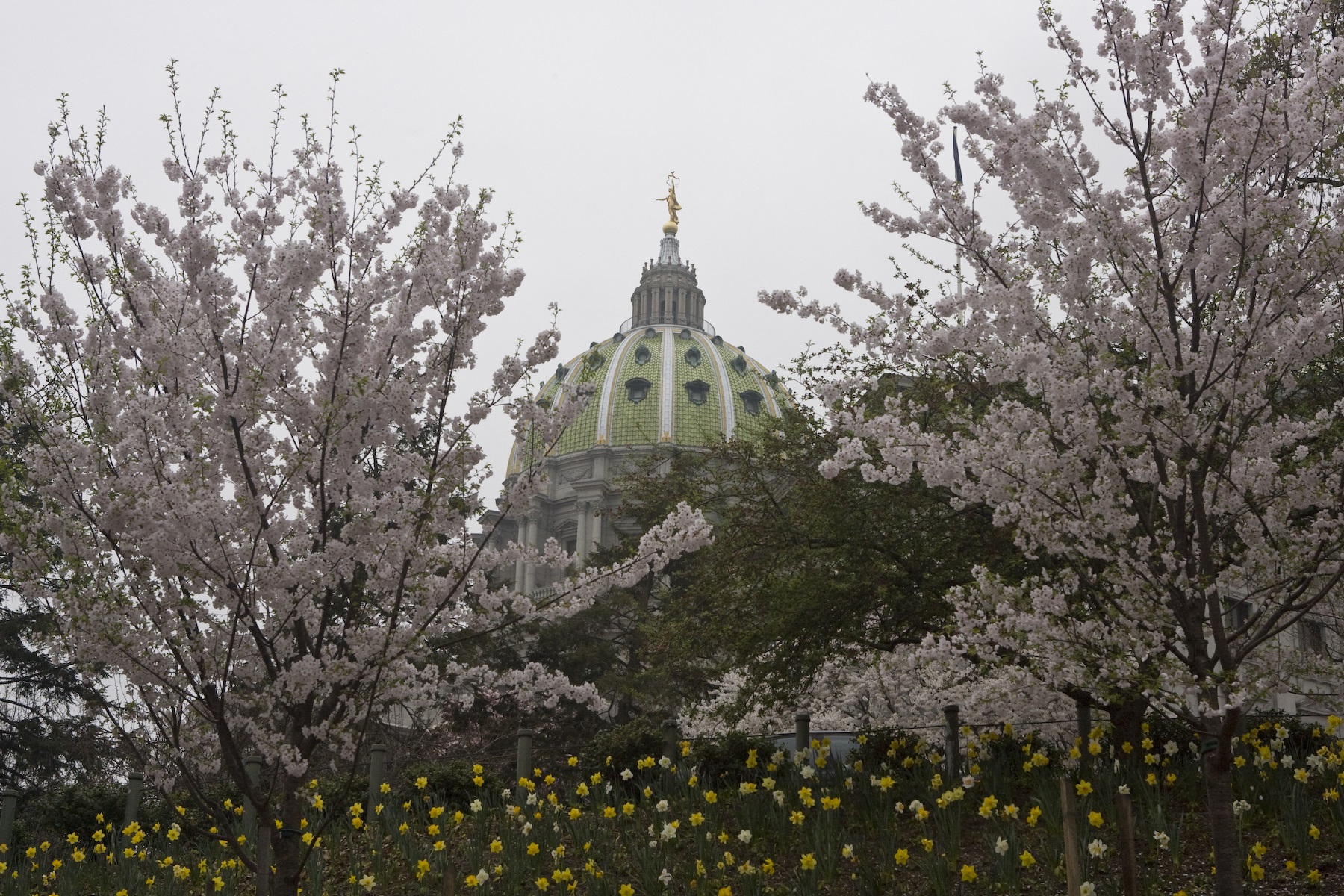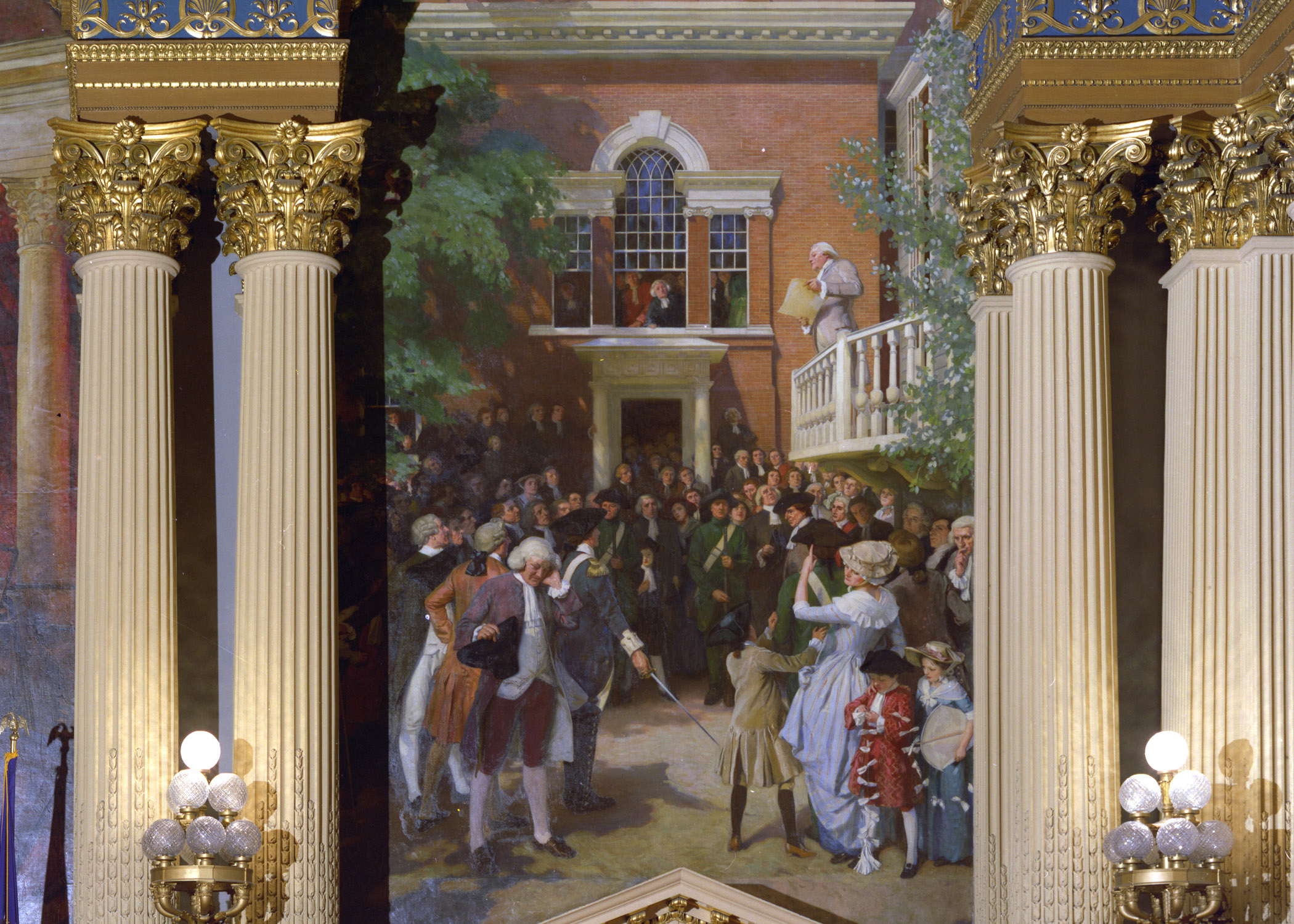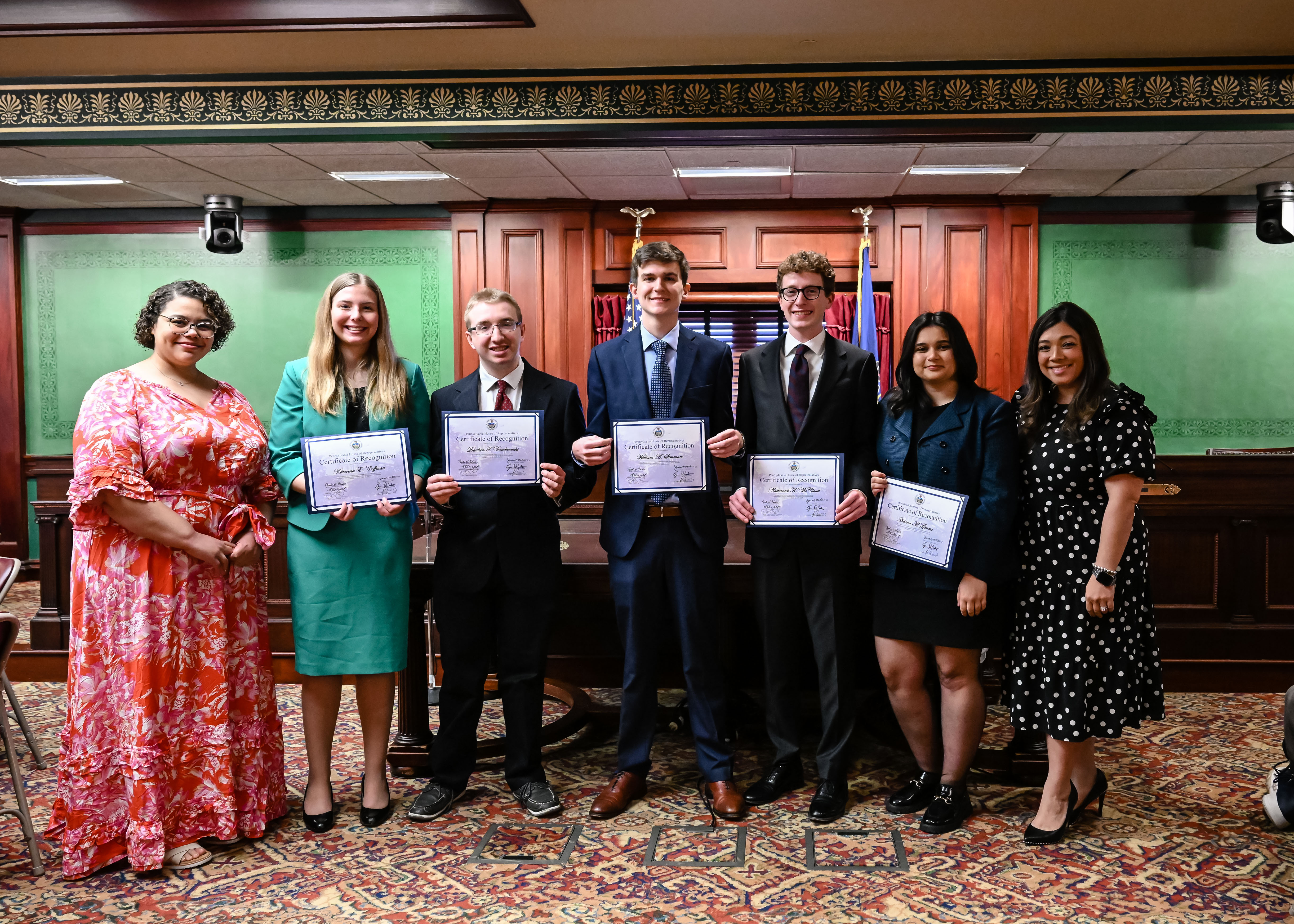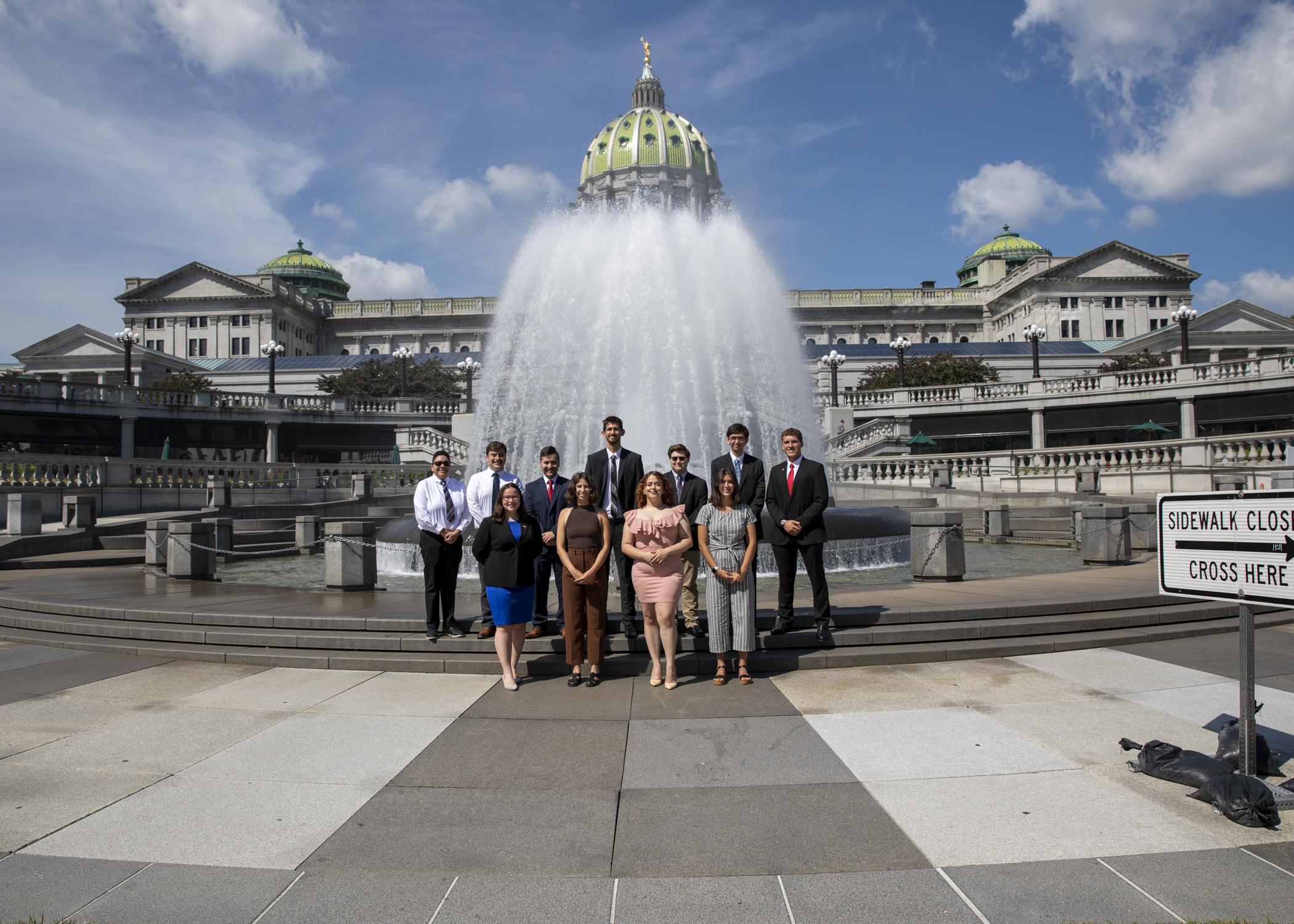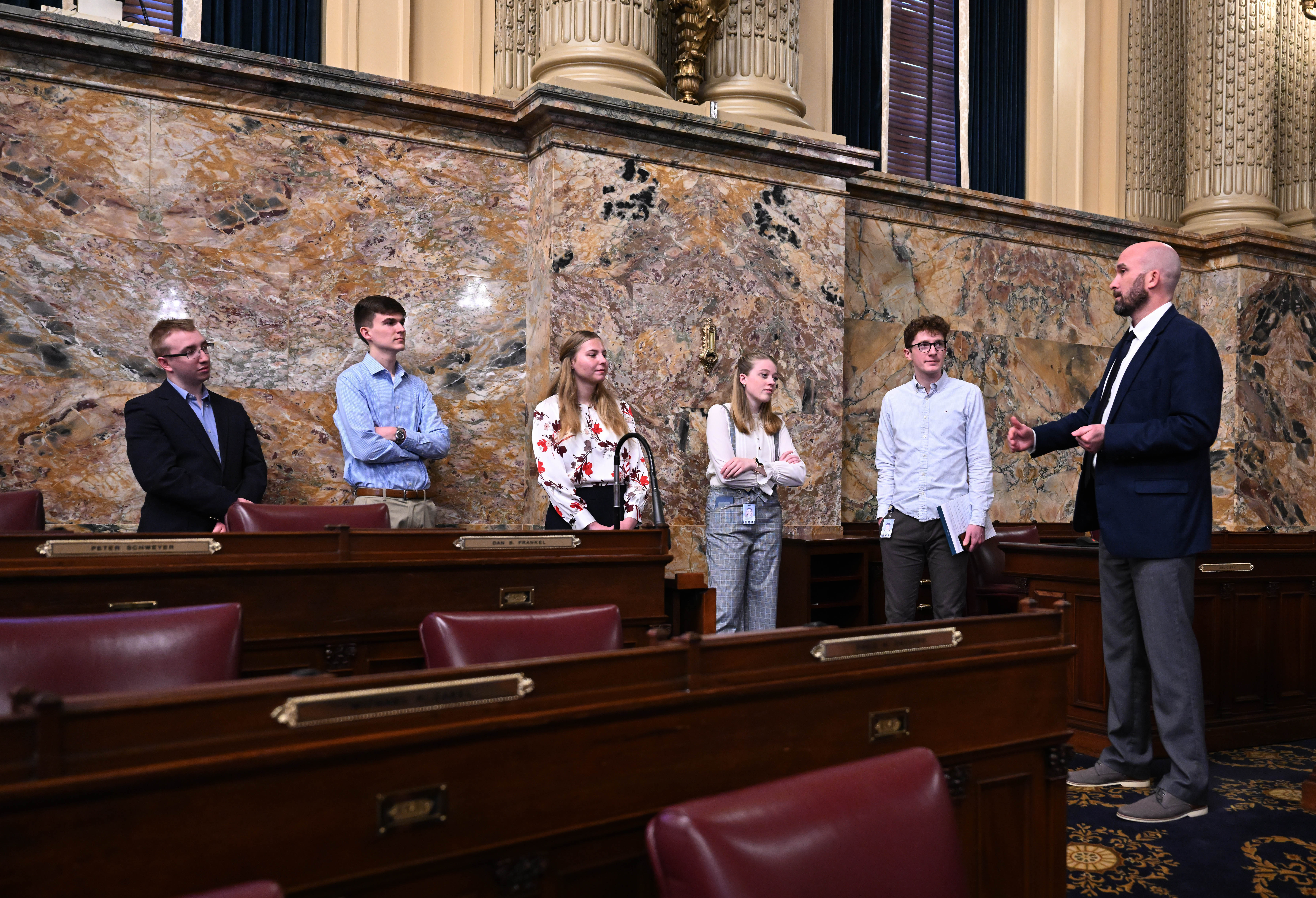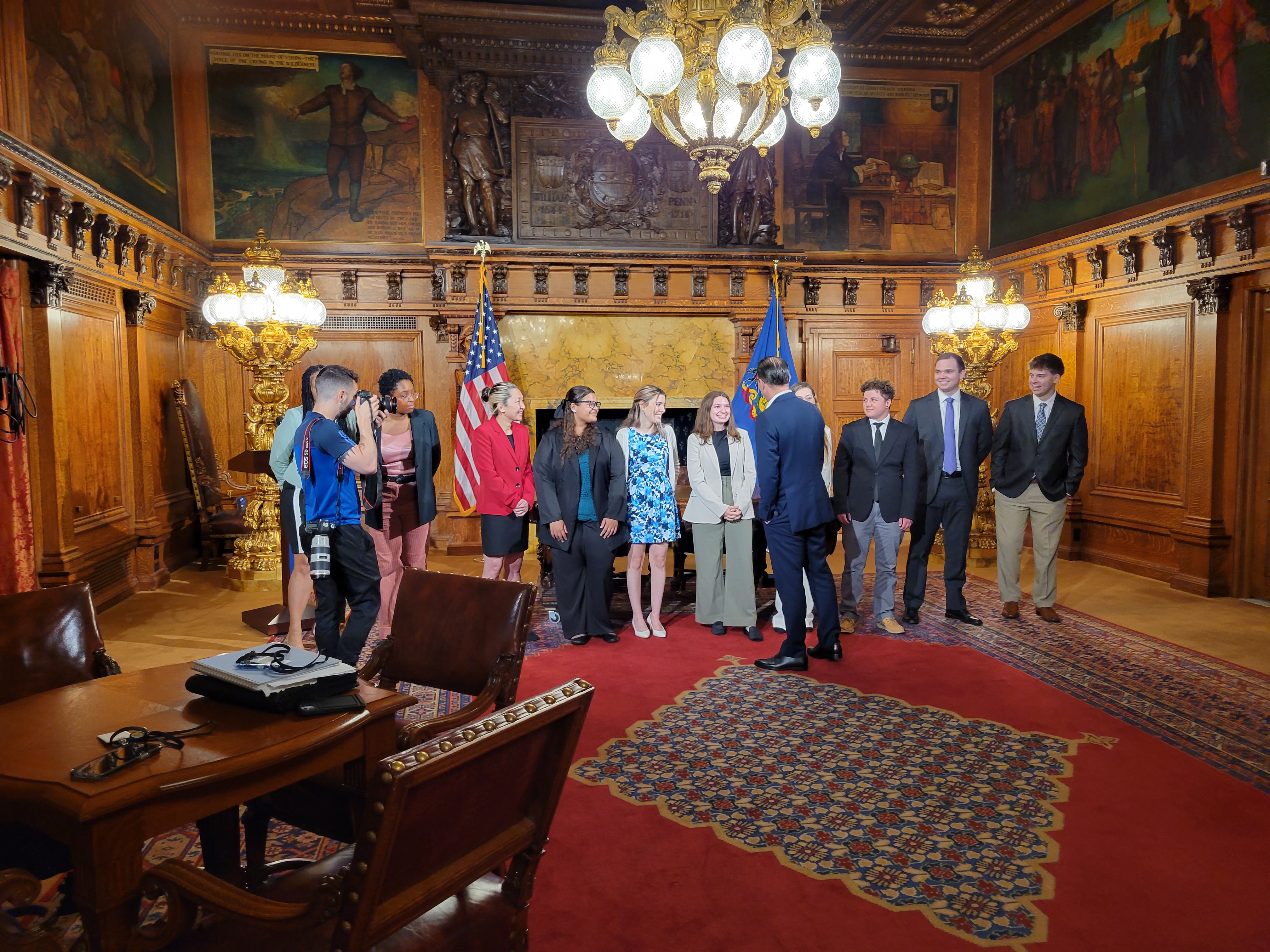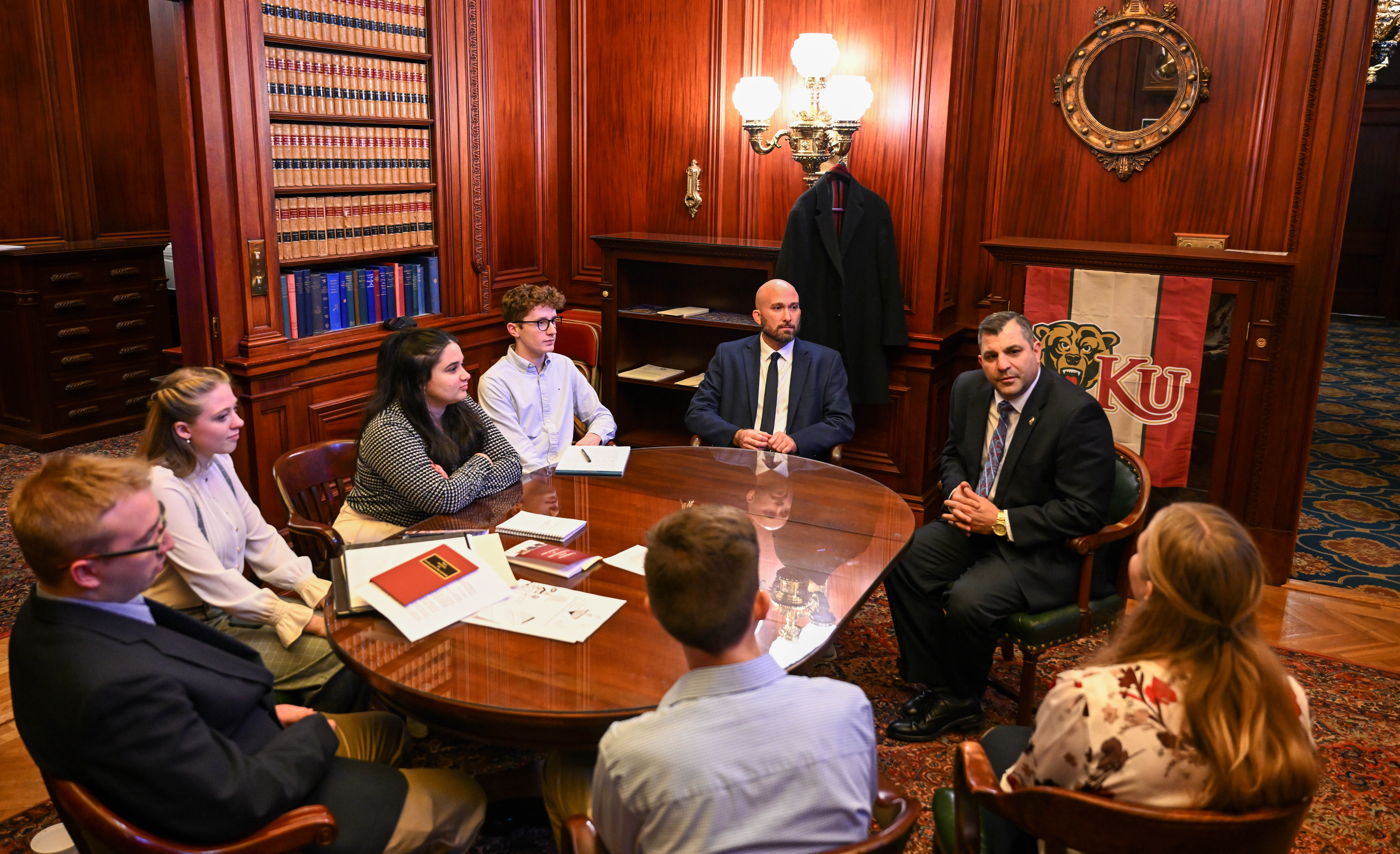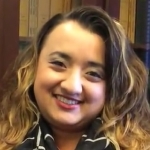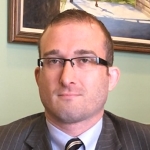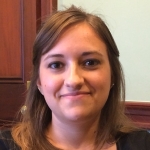Fellowship Overview
The PA House Fellowship Program was created in 1982 by the BMC Leadership of the Pennsylvania House of Representatives as an opportunity for students to be provided with work experience, education, and insight into the people, issues, and politics of the legislative process.
Based in Pennsylvania's magnificent State Capitol in Harrisburg, the program places undergraduate juniors and seniors, graduate students, and law school students attending Pennsylvania colleges or universities in the offices of Committee Chairmen or House Leaders. Pennsylvania residents are also eligible to participate in this program if they attend an out-of-state school.
| Since the start of the program, over 35% of the students that completed the fellowship have found employment in government or government-affiliated institutions. | |
The three House Fellowship terms are:
|
|
| Fellows will be placed in either a Leadership office or in the office of a committee Chairman. | |
| Weekly workshops for the House Fellows are scheduled with Members of the House of Representatives and Senate, executive staff from House Leadership, standing committees, Legislative Service Agencies and the Governor's Office, as well as prominent lobbyists, to name a few. | |
| Fellows receive a bi-weekly stipend. Credits are set by the academic institutions. |
Qualified Applicants
| Undergraduate juniors and seniors, graduate students, and law school students | |
| Enrolled in a Pennsylvania college/university or a Pennsylvania resident enrolled in an out-of-state institution | |
| Students of any major with a GPA of 3.0 or higher are encouraged to apply | |
| Apply Now | |
Types of Work
| Fellows will attend hearings, committee meetings, and Legislative Session. | |
| Draft bill analyses, work on constituent services, and conduct policy research. | |
| Fellows will have the opportunity to interview a member of the General Assembly. | |
| For the final project, fellows will develop, draft, and present a piece of original legislation. | |
| Develop a professional portfolio, which includes an updated resume and samples of writing completed during the Fellowship. |


